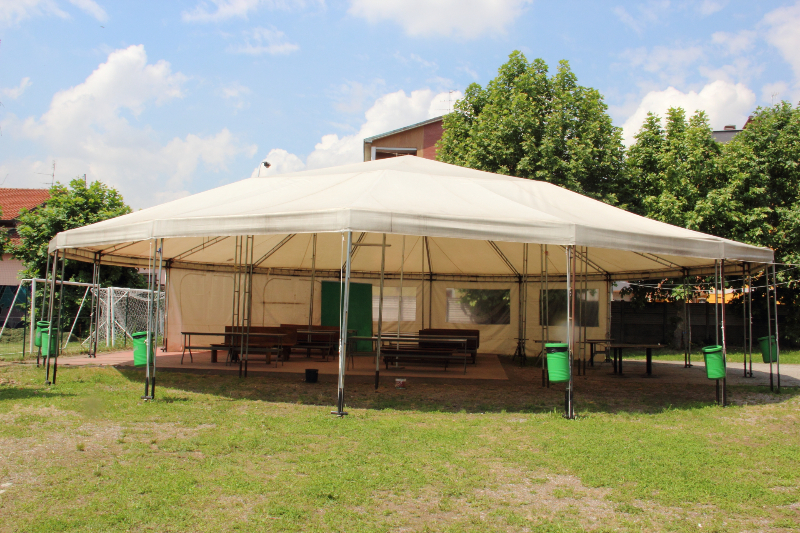The Advancement of Google Search: From Keywords to AI-Powered Answers
The Advancement of Google Search: From Keywords to AI-Powered Answers
After its 1998 debut, Google Search has morphed from a unsophisticated keyword locator into a sophisticated, AI-driven answer infrastructure. In early days, Google’s milestone was PageRank, which rated pages by means of the value and number of inbound links. This guided the web past keyword stuffing into content that attained trust and citations.
As the internet expanded and mobile devices flourished, search activity altered. Google introduced universal search to amalgamate results (journalism, pictures, content) and at a later point focused on mobile-first indexing to mirror how people authentically search. Voice queries with Google Now and soon after Google Assistant motivated the system to translate chatty, context-rich questions over concise keyword groups.
The upcoming progression was machine learning. With RankBrain, Google started understanding before unfamiliar queries and user meaning. BERT elevated this by processing the refinement of natural language—function words, atmosphere, and associations between words—so results more accurately aligned with what people intended, not just what they specified. MUM widened understanding over languages and representations, making possible the engine to relate pertinent ideas and media types in more intelligent ways.
These days, generative AI is redefining the results page. Pilots like AI Overviews aggregate information from several sources to render short, fitting answers, typically accompanied by citations and subsequent suggestions. This diminishes the need to open various links to compile an understanding, while all the same orienting users to more detailed resources when they aim to explore.
For users, this evolution entails quicker, more accurate answers. For writers and businesses, it compensates richness, individuality, and transparency rather than shortcuts. Down the road, imagine search to become growing multimodal—gracefully integrating text, images, and video—and more targeted, customizing to settings and tasks. The transition from keywords to AI-powered answers is at bottom about modifying search from spotting pages to solving problems.

















